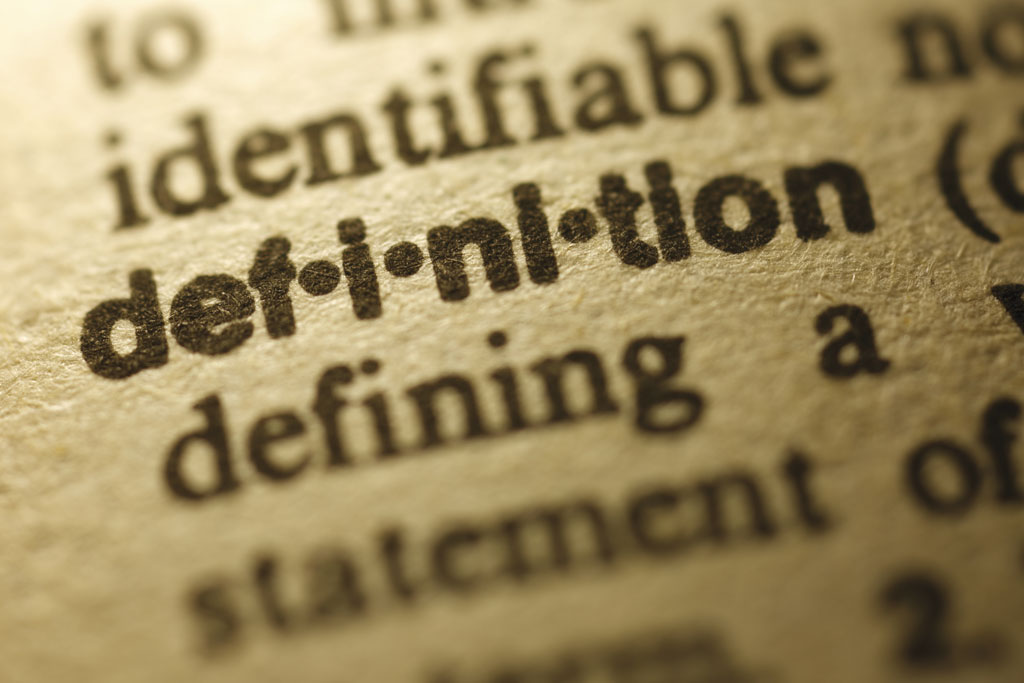
David Burrows reports on the admittance of expert evidence in civil & family proceedings
- When can an expert be called to assist the court (Supreme Court guidance)?
- When can the civil courts give permission to put in expert evidence?
- What—in reality—is the difference between expert evidence “reasonably required” or “necessary” to resolve proceedings; and does Scots law make any differences irrelevant?
In Kennedy v Cordia (Services) LLP [2016] UKSC 6, [2016] All ER (D) 99 (Feb) the Supreme Court considered a Scottish negligence case where the claimant (English terminology will be used) relied upon a report from an expert (“skilled” in Scottish law) witness, in support of her claim. She said that her employers had not sufficiently protected her from injury—slipping on ice—in her job as a care assistant. The judge at first instance admitted the report, which commented on the facts of the circumstances of the fall, and on the extent of protection which could have been provided against it. The appellate court said he should not have admitted the report. The Supreme Court (judgment of Lords Reed and Hodge, with









